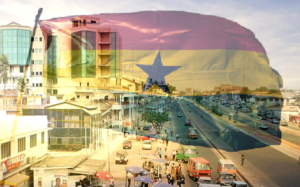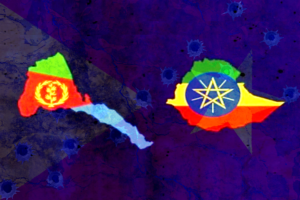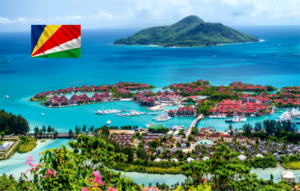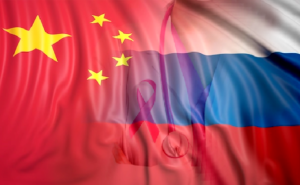Cape Verde’s Historic World Cup Journey
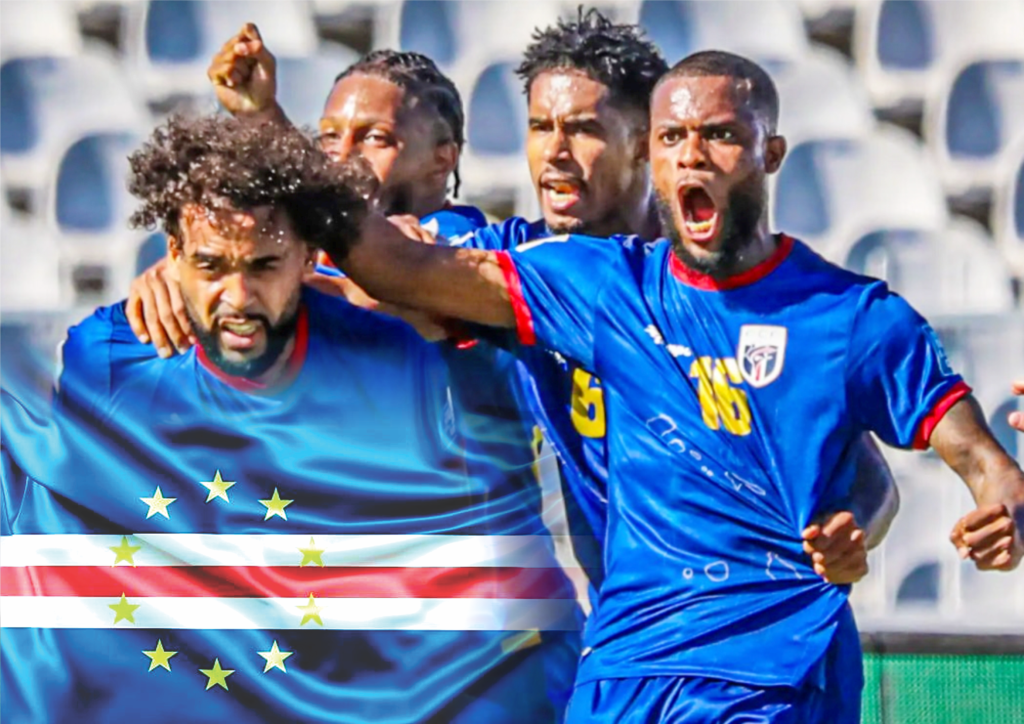
When the final whistle blew, the islands erupted. Across the cobbled streets of Praia to the fishing villages of Mindelo, cheers rolled across the Atlantic breeze of Cape Verde, the tiny archipelago of half a million people, embracing the unthinkable. The Blue Sharks are going to the World Cup.
Cape Verde has qualified for football’s grandest stage for the first time, topping Group D in the African qualifiers ahead of continental giants like Cameroon. This is a sporting-miracle born out of passion, persistence and pride, to raise a country’s flag on the global stage of football competition.

Ryan Mendes national team captain said – “this is history. We’ve shown that small nations can dream big”, with tears mixing with sweat as he lifted the Cape Verdean flag before a sea of jubilant fans.
Cape Verdeans, both at home and across the diaspora in Portugal, the United States and beyond, the victory is resounds beyond a sporting milestone to a unifying moment. Families that gathered around televisions in Lisbon apartments and Boston cafés felt the same heartbeat as those waving flags in Praia’s city square.
Behind the celebration champion’s years of investment in grassroots football and youth academies, which has proofed that the government and local football federations saw sport as a bridge between hope and opportunity. Economically, the achievement could bring a surge in sponsorships, tourism and international attention, boosting one of Africa’s most stable democracies.
Sociopolitically, the qualification is already reshaping national confidence. “It’s a victory for every Cape Verdean child who played barefoot on dusty pitches. This moment tells the world we are a resilient, proud and united people” – said Minister of Sports Carlos Monteiro.
As the countdown to 2026 begins, the Blue Sharks will carry more than just the hopes of their islands. They’ll carry a story of perseverance that transcends sport – a story of a nation that dared to dream beyond its shores.


